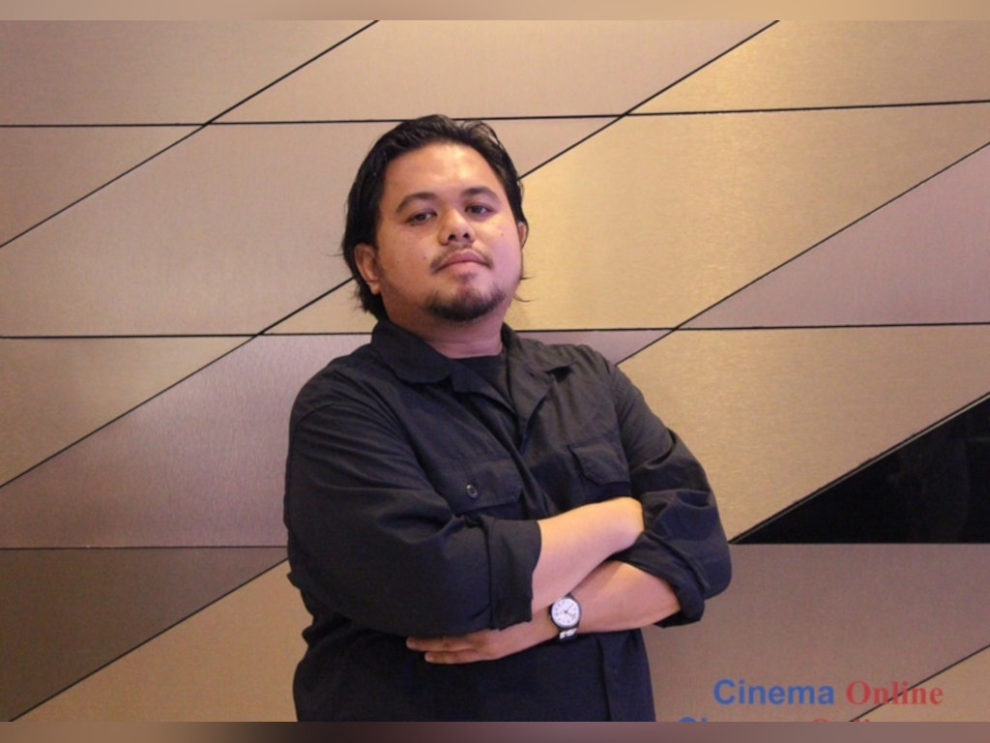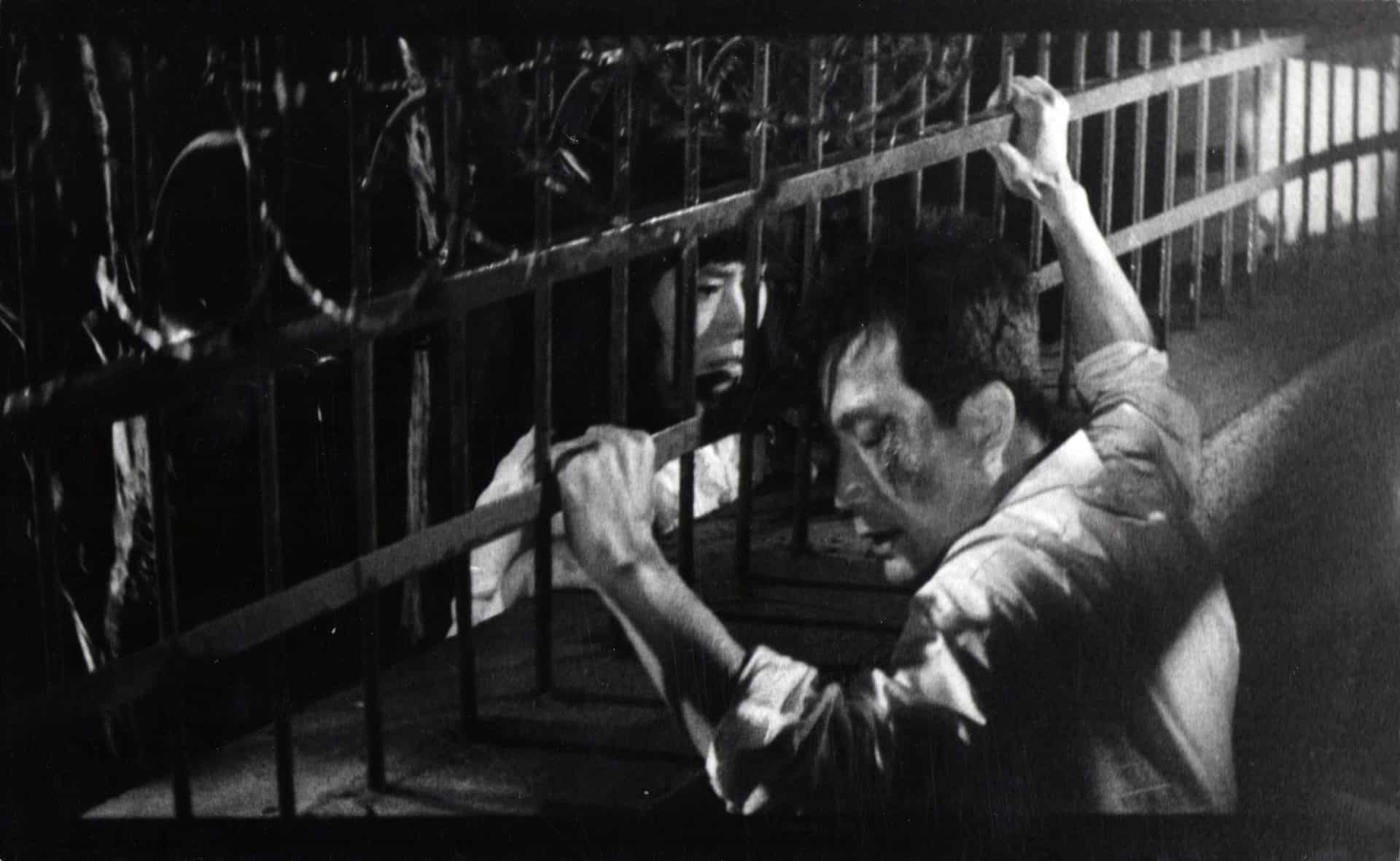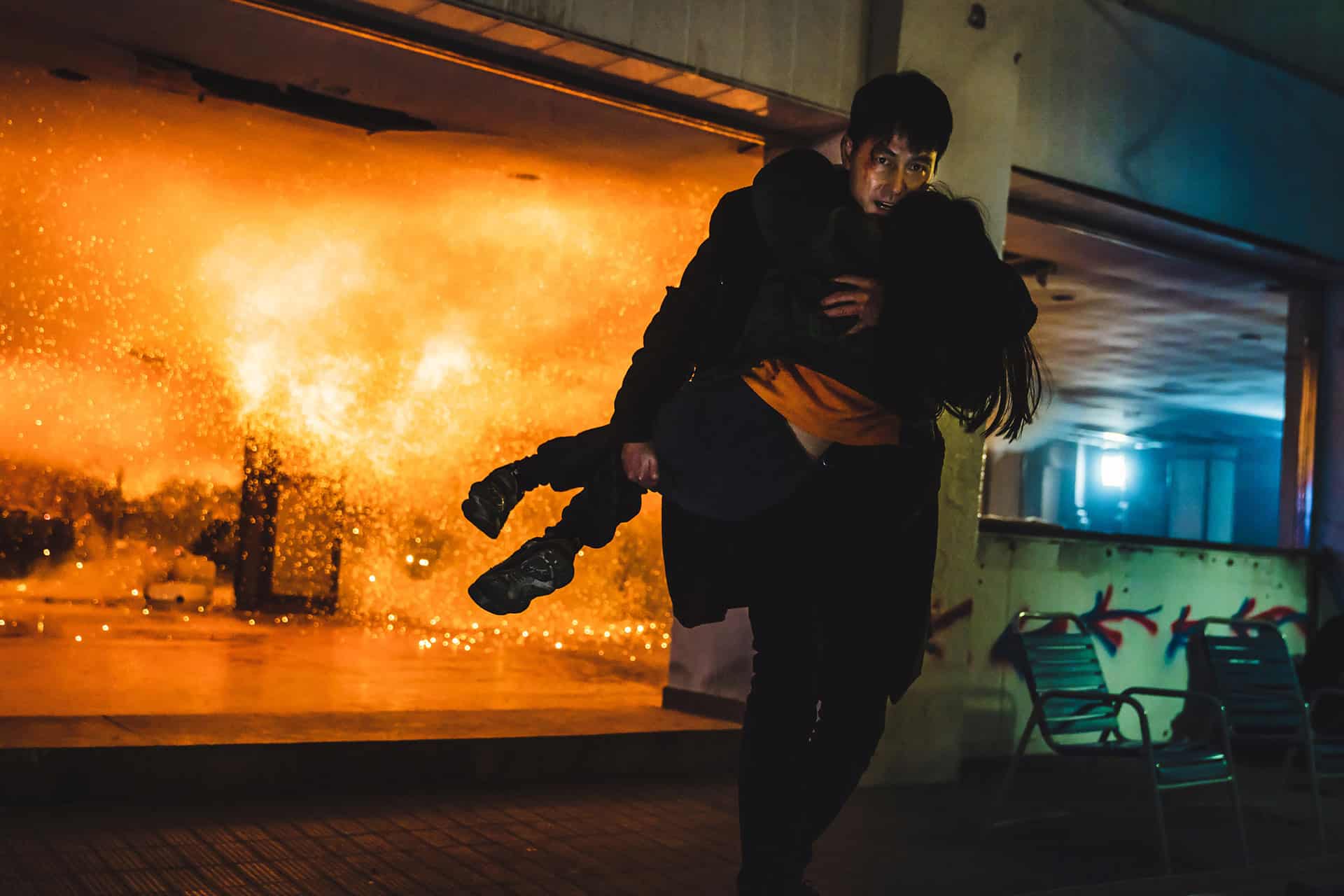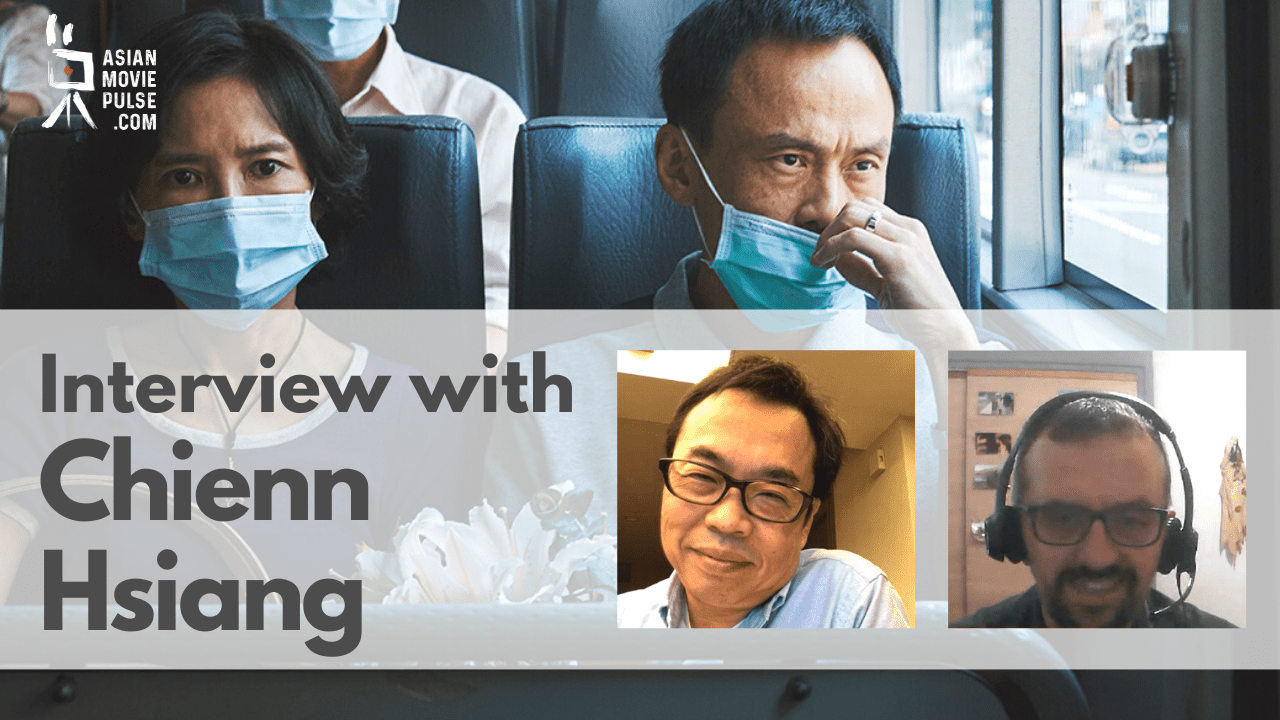Muzzamer Rahman is a Malayan filmmaker, writer, editor and producer, known in his home country for the horror-comedy “Takut ke Tak” and “Pang Pokok Ketapang”, which was produced for television. However, Rahman received international attention with the drama “Hail, Driver!” (“Prebet Sapu”). The movie was released in his home country on 16 December 2021 after previous screenings at festivals such as Udine Far East Film Festival and Toronto Reel Asian International Film Festival. It was also nominated for the White Mulberry Award at Udine.
In the interview Muzzamer Rahman talks about the themes of “Hail, Driver!”, how it reflects modern Malaysian society and the use of black-and-white cinematography in the feature.

What sets Kuala Lumpur apart from other capitals in the world and what makes it attractive for you as a director?
I think it is just like other cities abroad, where we can meet different types of people from different backgrounds and countries. For me, Kuala Lumpur, the capital of Malaysia is like a ‘melting-pot'. Here, although like other cities with various backgrounds, it has never asked them to become Malaysians. If you walk and notice, there are some places that seem to be small states for Bangladeshis, Filipinos, Thais, Myanmaris, Arabs, Pakistanis and others. And when it comes to having a diverse community, then food in Kuala Lumpur also has many choices. This is one of the reasons why I find the city interesting.
In what way is “Hail, Driver!” a portrayal of issues like loneliness and companionship, especially in a modern city?
Aman and Bella are born and raised in Malaysia, but both feel ‘left behind'. Aman feels economically marginalized, even though Kuala Lumpur is a rich city. Bella, on the other hand, is socio-culturally marginalized because she feels that Malaysia does not accept her because she is Chinese. These two characters are actually struggling with their own psychology and destiny. Then when they meet, they feel there are similarities. These things are actually common problems in the modern world and become the theme for “Prebet Sapu”.
The movie also deals with the issue of housing. Can you give us some more details about it?
I have always felt that home is a basic human need. When a house becomes a commodity of trade and it is almost impossible for one to buy a house because of the high price, it is the beginning for other cruel things. Malaysia's minimum wage is RM1200, and the price of a house that is considered the cheapest starts at RM250,000. I feel it is very unaffordable. For me this is an important issue that needs to be addressed.
In general, what was your starting point/ inspiration for this film?
I have been planning to make a feature film for a long time. Since 2013 again, but it was difficult to get the funds. Then in 2017, I thought, I should produce a film before I was 30, with everything I had. So while on the train heading to the East Coast, I thought of a story about two individuals in Kuala Lumpur – the capital of Malaysia. The movie “Taxi Driver” and the stories from my experience and the experiences of those around me, including Lim Mei Fen, inspired “Prebet Sapu”. After telling my thoughts to my girlfriend- Bebbra Mailin, who is now my wife, and close-friends, they all fully supported and offered to help in producing this film.
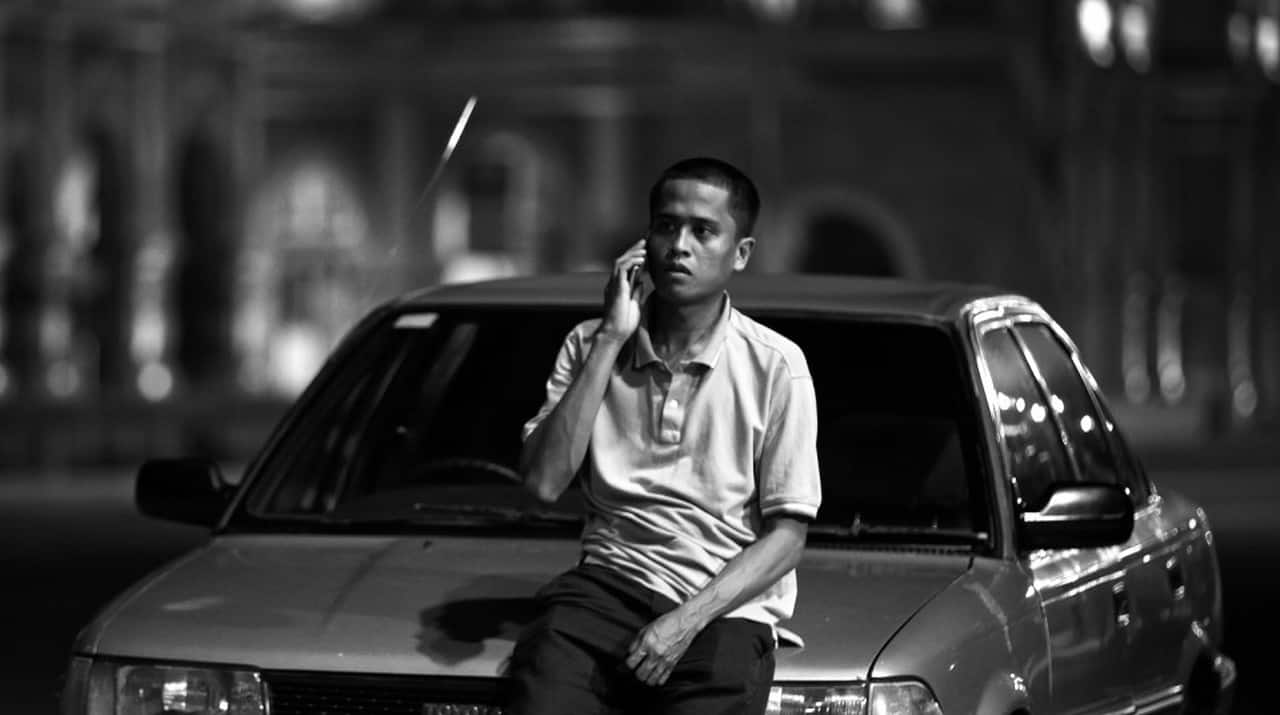
Why did you choose to have the film in black-and-white?
I have always been fascinated by the black-and-white photos of Kuala Lumpur today. There is a sense of solitude, isolation and an aesthetic of its own. So I tried to borrow that idea for the “Prebet Sapu” visual- that's in terms of form.
In terms of content, “Prebet Sapu” brings up the question of where racial and skin color differences in Kuala Lumpur are not significant because all working class communities are struggling to survive. In addition, I also want to bring the audience to see the world from Aman's perspective.
You once said opening shots are one of the most important components in a film. With that in mind, can you give us some details about the one in “Hail, Driver!”?
When my father passed away more than 10 years ago, I was in the Philippines, and when I arrived in Malaysia, the funeral was over. In Islam, the sooner the funeral ceremony is performed, the better. Since then, I have imagined how it felt to put my father's body in the grave. So this opening shot was designed as a reminder to me of how the experience was and how I imagined it.
In addition, this death scene is important, because with the death of a loved one, we will think more about our lives later on. This scene is also a statement that I want to ‘bury' old things and want to concentrate on new things.
How was your cooperation with Amerul Affendi and Mei Fen Lim? In general, how was the casting process for the film like?
The casting process was actually simple. For Amerul, even though I didn't know him personally at the time, I was already following his career. I watched his acting on the theater stage as well as on screen. So when I wrote “Prebet Sapu”, I already thought of Amerul as main character. As for Bella, since there is a story of Lim Mei Fen in Bella's character, I felt she was the perfect choice.

If you had to name five movies that influenced you and your directing style, which ones would you pick and why?
The answer to this question will vary, depending on the time you asked. (laughs) But if asked, what films influenced me when making “Prebet Sapu”, the films are “Taxi Driver” by Martin Scorsese, “Happy Together” by Wong Kar-Wai, “Copy of My Mind” by Joko Anwar, “Chassis” by Alix Adolfo Borinaga and also “Bintang Malam” by Adman Salleh. All of these films have something in common, which is about loneliness and life in a big city.
What is your opinion of the Malaysian film industry at the moment?
It's getting interesting. We have successful blockbuster filmmakers and we have filmmakers with very personal themes and ideas. This sounds good to me. And with the existence of new platforms such as streaming services, many bold ideas begin to be produced. Filmmakers have more opportunities. And the audience also becomes more mature.
Which genres, characters or stories would you like to tackle in your upcoming projects?
Possibly a detective movie because I really like mysteries. Or a film with a ‘coming of age' theme.


